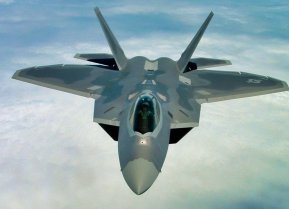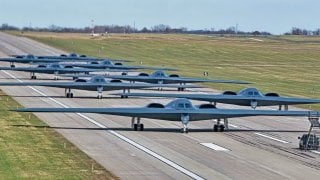The Air Force's B-2 Bomber Nightmare Has Arrived
The U.S. Air Force's bomber fleet is shrinking as one more B-2 Spirit is permanently retired after a ground accident.
Summary: The U.S. Air Force's bomber fleet is shrinking as one more B-2 Spirit is permanently retired after a ground accident.
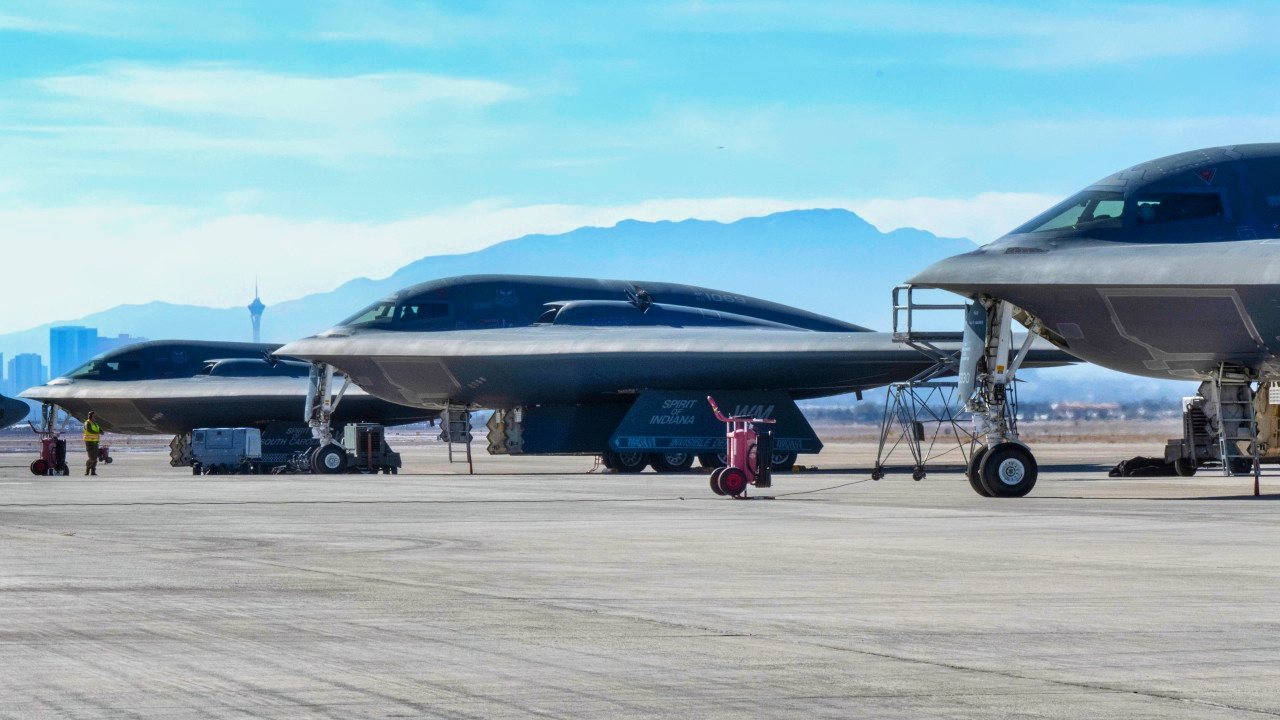
B-2 Bomber Problem Key Points You Need to Understand
-This leaves just 19 B-2s, crucial until the next-generation B-21 Raider is operational.
-While the B-2, introduced over 35 years ago, remains vital with its stealth and heavy payload capabilities, the upcoming B-21 promises to be the world's dominant bomber.
-Maintaining a robust bomber force is essential to counter rising tensions with China and other adversaries.
Retirement of B-2 Spirit Shrinks U.S. Bomber Capability
America’s bomber fleet is shrinking even as tensions between Washington and Beijing ramp up.
The U.S. Air Force currently flies three models of strategic bomber: the B-52 Stratofortress, the B-1B Lancer and the B-2 Spirit. While all three play important roles in the service’s aerial strategy, the Spirit is the most advanced, with stealth capabilities and a low radar cross section to penetrate deep into enemy airspace. The Air Force is also developing a next-generation bomber series, the B-21 Raider. Until this platform is officially introduced, the Spirit is the most modern bomber in the fleet.
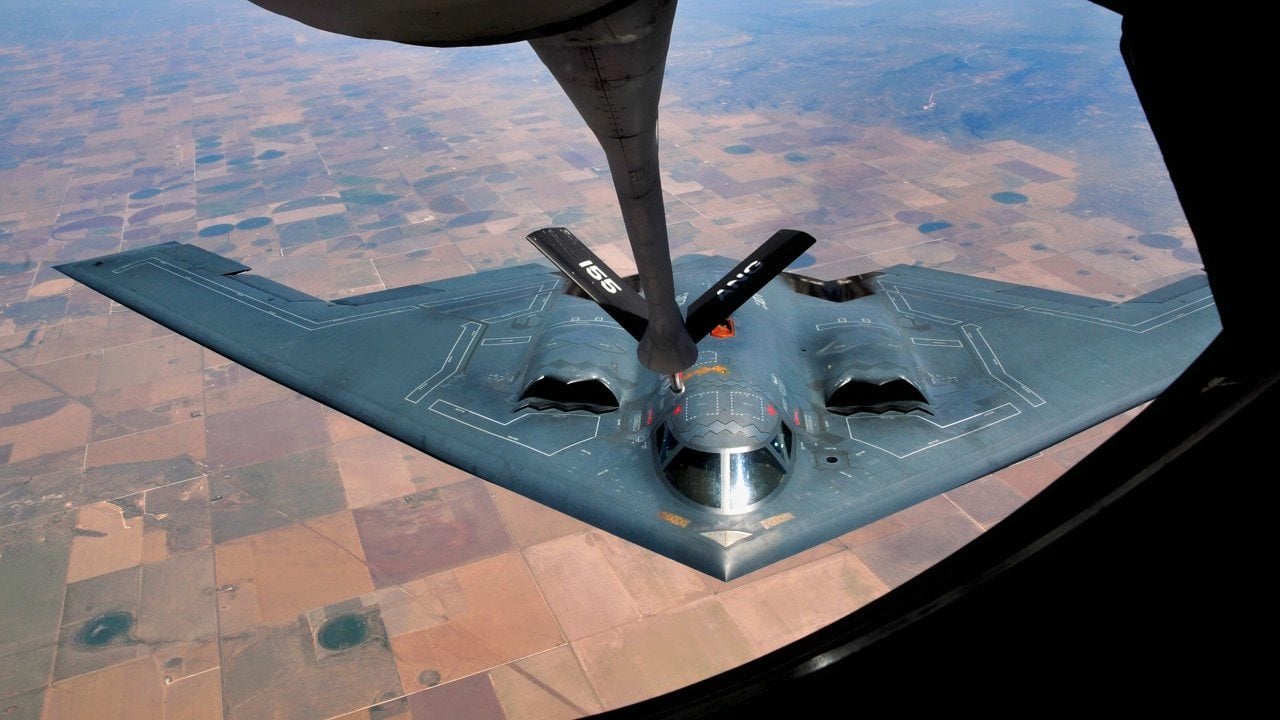
The Air Force is permanently losing one more of its B-2s, leaving the service with just 19 of the airframes. According to the Defense Department, “The B-2 is being divested in [fiscal year] 2025 due to a ground accident/damage presumed to be uneconomical to repair.”
The B-2 was damaged in late 2022 and forced to make an emergency landing, catching fire on the runway. The Air Force says that the bomber is “uneconomical to repair.” With the Raider expected to replace the service’s B-2 arsenal altogether, officials simply do not believe that allocating additional funds to fix these aging airframes is worth it. While this may be true, the Raider is not ready yet. The service should be careful not to further cut its already dwindling bomber fleet.
The B-2 Spirit, Explained
The Spirit may have been introduced more than 35 years ago, but the platform continues to provide significant capabilities to the Air Force.
Back in the 1970s, the service recognized its need for an airframe capable of deflecting or absorbing radar signals and thus flying nearly undetected. Northrop Grumman was selected to create the B-2 bomber. The Spirit can carry its heavy weapons load to pretty much any point in the world within hours. It can lug 40,000 pounds of conventional and nuclear weapons, including up to 16 Joint Direct Attack Munition satellite-guided 2,000-lbs bombs.
Throughout its years in service, the B-2 has seen combat in Iraq, Kosovo, Afghanistan, and Libya.
The Upcoming B-21 Raider Bomber
The B-2 may still provide valuable capabilities to the Air Force, but the Raider is expected to displace it as the world’s dominant bomber platform.
Northrop refers to the fruit of the Air Force’s Long-Range Strike Bomber program as a sixth-generation bomber. The B-21 officially debuted in late 2022 at the manufacturer’s production facilities in Palmdale, California. The exact specs and capabilities remain highly classified, but some unique characteristics have been revealed. The Raider is about 15% shorter in length than the Spirit, making the platform more challenging to detect. Like its predecessors, the Raider will continue the mission of strategic bombing and will be able to carry out long-range strike missions from bases in the U.S. It will be nuclear-capable.
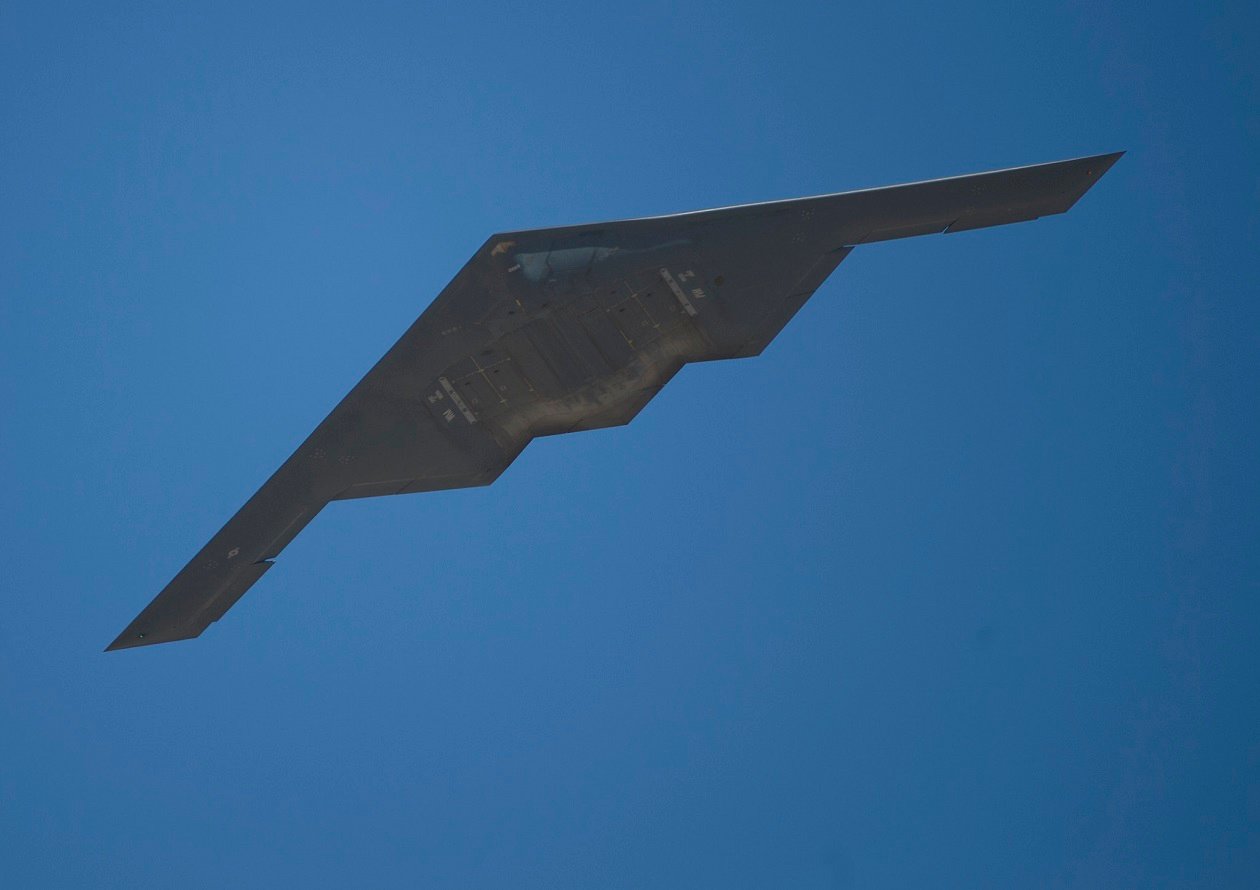
Based on the limited published information, the B-21 Raider will be a force to be reckoned with when it finally reaches service. In the meantime, however, the B-2 remains the leading bomber in the Air Force’s fleet. The service must maintain a strong bomber presence in order to thwart U.S. adversaries.
About the Author: Maya Carlin
Maya Carlin, National Security Writer with The National Interest, is an analyst with the Center for Security Policy and a former Anna Sobol Levy Fellow at IDC Herzliya in Israel. She has by-lines in many publications, including The National Interest, Jerusalem Post, and Times of Israel. You can follow her on Twitter: @MayaCarlin.
All images are Creative Commons.
Note: This piece has been updated to fix a code error. We apologize if the piece was not loading properly and should now be fixed.
